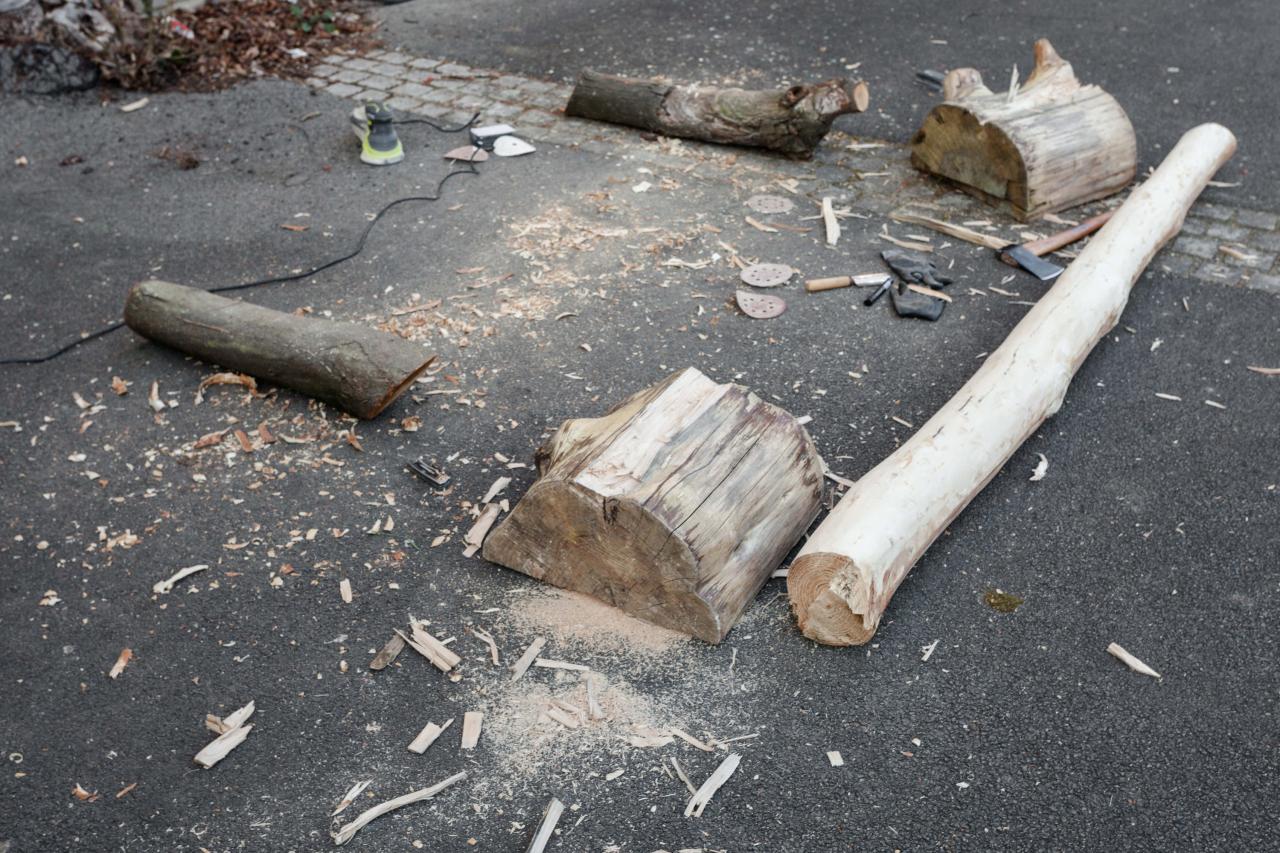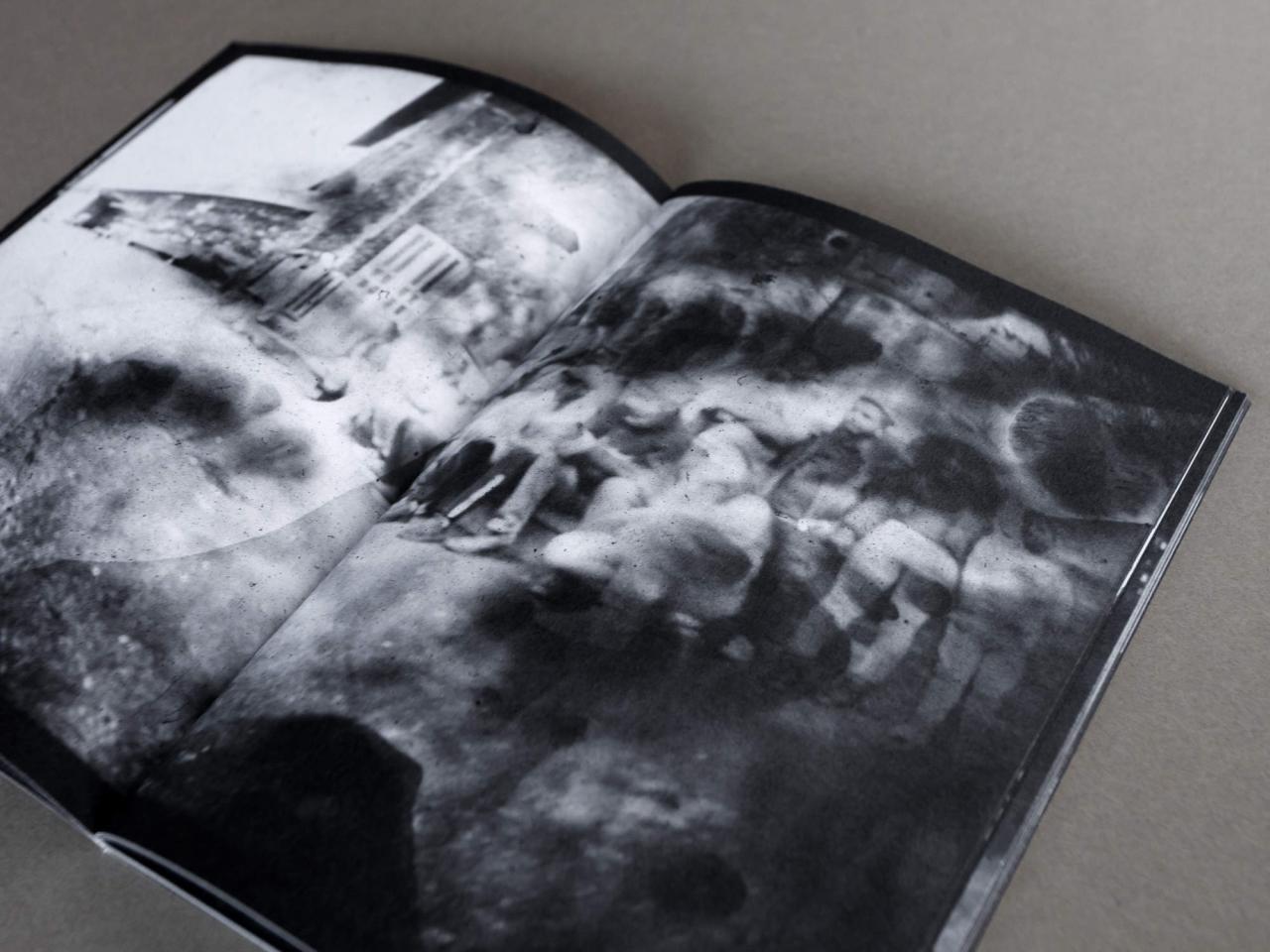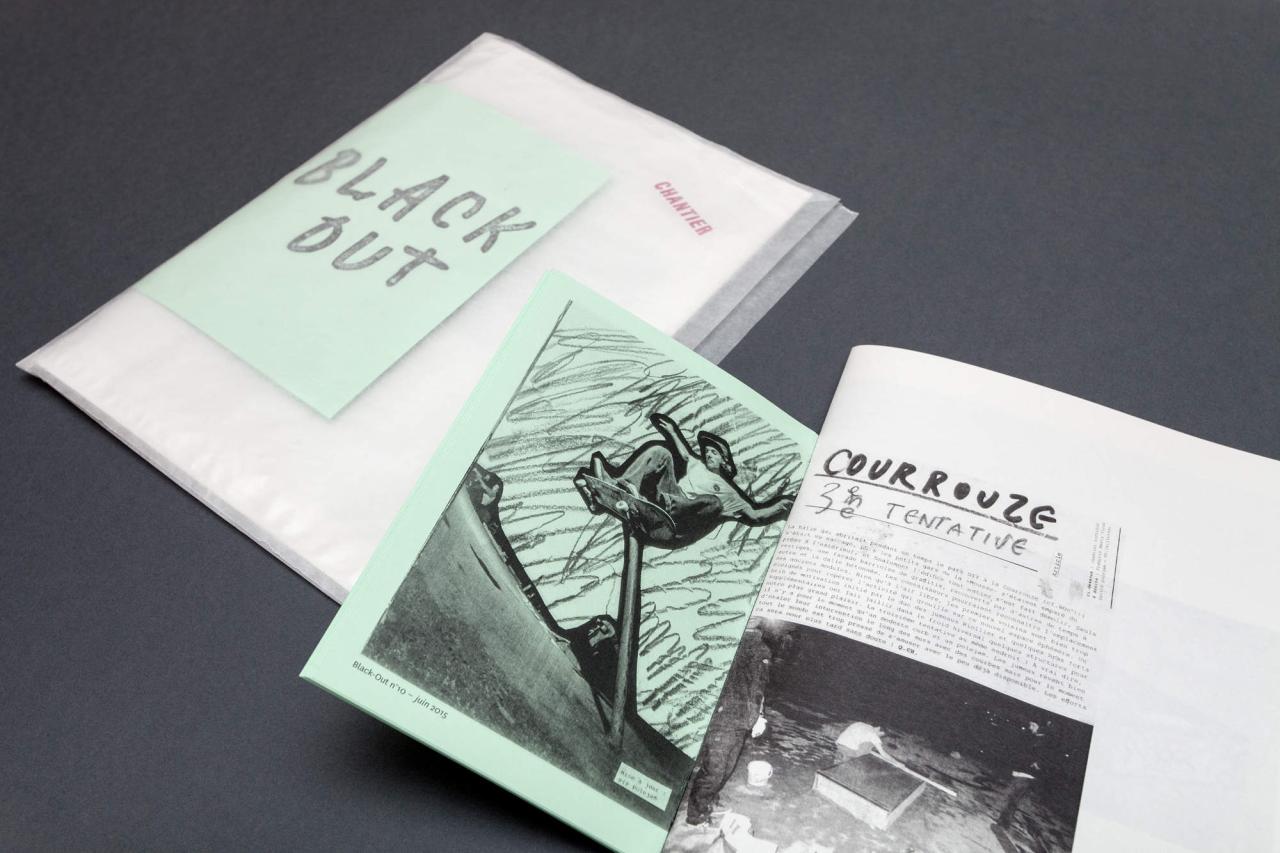Tristan Deplus
Born in
Lives and works in






From alternative itineraries to secondary network routes, my culture of the city and my ties to underground cultures have led me to view the postmodern city as a playground, a space conducive to the testing of cultural and political resistance theories and practices.
Based on my experience of walking and travelling around back and forth, I study precise urban cases, which, once put into perspective, reach beyond their own history and extend to the history of the contemporary city in general. My current research leans towards new towns and eco-districts – areas that crystallise a number of phenomena (our relation to politics and town planning, unending construction sites, the fictional dimension), the interpretation of which provides us with the potential image of a period in time, of its systems, its evolutions and the institutional dysfunctions that inhabit it.
Concurrently, I track and document the practices and tactics of alternative cultures operating within these urban spaces. Through their radical way of repurposing and inhabiting the fabric of the city, in other words “making do” with it, these practices challenge and authenticate their environment, unearth possibilities and actualise the conditions to access them. I see my philosophy as a daily process, which infiltrates reality and develops in a contrarian relationship with town planning and its administrative bodies, reformulating the questions: “What is a city? According to whom?”
The sense of anticipation, discrepancy and mischievousness that these attempts – both illicit and legitimate – generate unveil a full range of new ways of understanding urban spaces and are likely to provide us with an alternative frame of reference for its future. While these experiments may not conform to the framework of the cultural policies in effect, they do compel us to think about the ways in which artistic forms are activated and renewed at a time when institutions push a collective fiction of participatory urbanism, which is in fact confined to its most passive form. Faced with the hijacking of so-called “fringe” scenes with a view to pacify and regulate the public space, I feel it is crucial to highlight the protocols that these practices implement in order to “remain political”.
Mine is a long-term production process with an immersive, collective and multidisciplinary dimension, which relies on a practical sense of autonomy in which the notion of watchfulness plays an essential part. Research, investigation, collecting and montage are the modes of action I use to track the sounds of an era that I try to convey through a multifaceted account and a distanced critical view. I am as passionate about going out there and experiencing things in the field as I am about analysing the phenomena that occur there and about articulating forms. Behind each situation, I find there is noise that unfurls on a much louder level than any particular image.
- Tristan Deplus plays many fields and wears many hats: at once a photographer, a video artist, a researcher, a tinkerer and a publisher, or a street educator and skateboarder, he explores and questions urban spaces and their histories, interstices and limits. Tristan is also an archivist, which to him is not an occupation but a way of life, complete with large backpack.